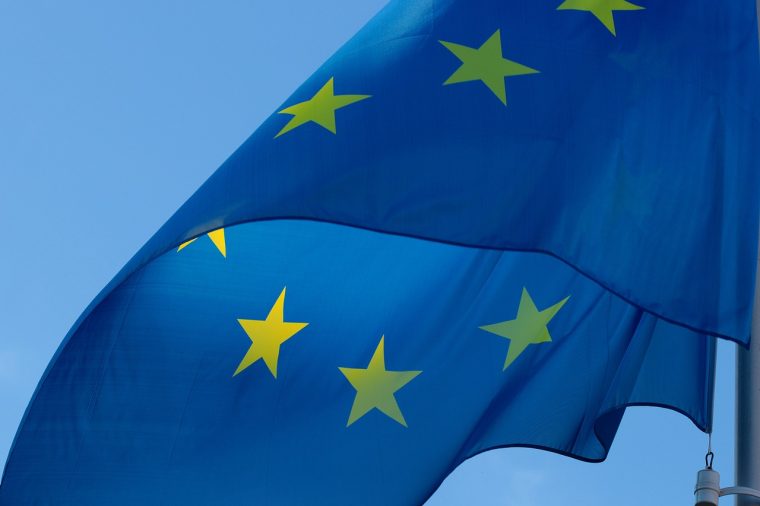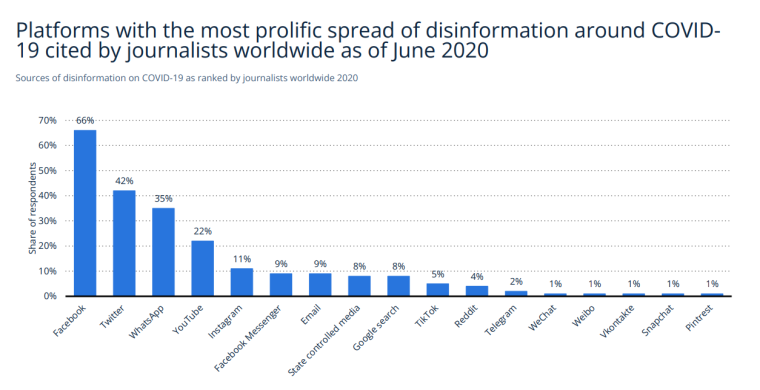
Zalando, Europe’s largest online fashion retailer, has filed a complaint against the European Union (EU) over its new rules aimed at regulating content on digital platforms.
The company claimed that it has been unfairly labeled as a “very large platform” under the Digital Services Act (DSA), which imposes additional obligations on social media platforms to combat disinformation, according to a report by the Financial Times.
Zalando filed the complaint before the EU’s general court in Luxembourg on Tuesday, marking the first legal challenge against the landmark law.
The move by the German retailer comes as a surprise, specifically since it was expected that Silicon Valley giants like Google, Amazon, and Facebook would lead legal action against the new regulations.
“The DSA is the right thing to do but we are puzzled that we were designated as a very large online platform alongside 18 other companies,” Robert Gentz, Zalando’s chief executive and co-founder, said, adding:
“We’re the only European company on that list.”
Zalando CEO Robert Gentz has a LinkedIn post explaining the full rationale of their challenge to the #DSA VLOP designation. Worth reading in full. His two main points are below. https://t.co/RYhdYvIkBR https://t.co/8SPn4BTaDC pic.twitter.com/0emYvSDYCv
— Ben Schroeter (@ben_schroeter) June 27, 2023
The DSA Intended to Combat Hate Speech and Disinformation
The DSA, set to come into force on August 25, is part of a significant overhaul of the EU’s digital rules. It introduces new standards for combating hate speech, disinformation, and counterfeit products online, which all major digital platforms must adhere to.
In April, the European Commission designated 19 companies, including TikTok and Twitter, as having special obligations under the law.
However, Zalando argued that the commission’s methodology for including the company on the list was flawed.
Despite having more than 83 million monthly website visits, Zalando said that only around 31 million visitors are likely to make purchases from third-party sellers. This falls below the commission’s requirement of 45 million visitors to be designated under the DSA.
“As the brand that we are, we don’t want to be associated with this category,” said Gentz. “These companies are talked about as bad actors and all of a sudden we are on the same list. This is bad for our brand.”
Additionally, Zalando claimed that the commission misunderstood its hybrid model.
While over 60% of sales on the platform are derived from products sold directly to online shoppers, less than 40% come from other vendors through the Zalando site.
The DSA aims to regulate intermediaries like Zalando to ensure the safety and authenticity of products sold online.
Gentz recently met with Thierry Breton, the EU commissioner overseeing the enforcement of digital rules, to discuss Zalando’s responsibilities in relation to the DSA.
Twitter Stress-Tests For the DSA, Other Tech Giants to Follow Suit
Last week, Breton conducted a voluntary “stress test” of the rules at Twitter’s headquarters in Silicon Valley to gauge the company’s readiness for the impending enforcement of the DSA.
During his visit to Twitter, the company’s operations were put to the test to see how they would handle the new regulations outlined in the DSA.
Breton emphasized the importance of this test, stating that technology has been “stress testing” society and it is now time to turn the tables.
The initial results of the stress test show that there is still room for improvement at Twitter. However, Breton commended the company for its commitment to comply with the new regulations.
The European Union has previously warned Twitter and other tech companies that failure to comply with the DSA could result in penalties or even a ban in Europe.
The penalties could amount to 6% of the company’s global revenue.
Meta, formerly known as Facebook, has also agreed to undergo a stress test for its platform in July.
This decision comes after European Commissioner Thierry Breton tweeted about the need for Meta CEO Mark Zuckerberg to take action in response to an exposé on Instagram’s recommendation algorithms, which revealed that the algorithms enabled a network of pedophiles seeking underage sexual content.
“I will discuss with him at Meta’s HQ in Menlo Park on 23 June. After 25th August, under #DSA, Meta has to demonstrate measures to us or face heavy sanctions,” Breton said in a tweet earlier this month.
#Meta’s voluntary code on child protection seems not to work.
Mark Zuckerberg must now explain & take immediate action.
I will discuss with him at Meta’s HQ in Menlo Park on 23 June.
After 25 August, under #DSA Meta has to demonstrate measures to us or face heavy sanctions. pic.twitter.com/jA25IJH8Dp
— Thierry Breton (@ThierryBreton) June 8, 2023
In addition to Twitter and Meta, Breton also met with other tech industry leaders during his visit to California. These included NVIDIA CEO Jensen Huang, Qualcomm CEO Cristiano Amon, and OpenAI CEO Sam Altman.
Companies need to demonstrate their ability to effectively counter criminal activity and disinformation on their platforms.
The new regulations come as misinformation and hate speech have been rampant on social media platforms.
According to a 2021 report from Statista, around 74% of users have encountered content labeled as false on social media platforms.
The report also detailed that Facebook was the most prolific spread of disinformation, specifically around Covid-19. Twitter, WhatsApp, YouTube, and Instagram came next.

Read More:
- Best Tech Stocks to Buy in June 2023
- 14 Best New Stocks to Watch in 2023
- 10 Best AI Stocks to Invest in 2023
What's the Best Crypto to Buy Now?
- B2C Listed the Top Rated Cryptocurrencies for 2023
- Get Early Access to Presales & Private Sales
- KYC Verified & Audited, Public Teams
- Most Voted for Tokens on CoinSniper
- Upcoming Listings on Exchanges, NFT Drops